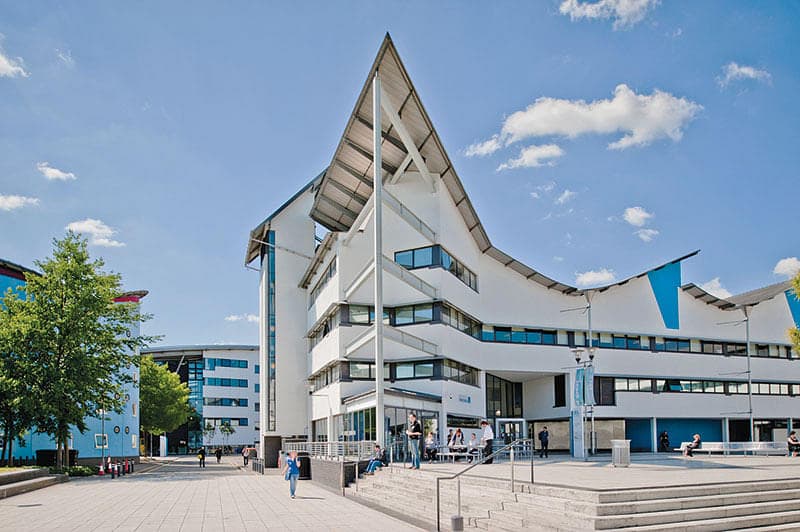MODULES
Year 1
CORE MODULES
Mental Wealth: Academic and Professional Skills for Life 1
This module will provide students with the opportunity to identify the skills, competencies and experiences required for youth work and a range of potential future career areas.
Students will be supported to recognise the areas for their own personal professional development (including emotional, social, physical, cultural and cognitive intelligences) through taught and workshop activity.
Central to the developmental process is for each student to cultivate their reflective skills, openness and self-awareness to enable themselves to assess what they are doing, identify areas for improvement and confidently receive and give constructive feedback. Students will additionally develop knowledge and strategies for advancing their own emotional, social, physical, cultural and cognitive intelligences and improve their health and well-being.
Exploring Social Worlds
This module will develop your understanding of people's social and cultural experience in a range of contexts and will prepare you to think about practical support for children's, young people's lives and rights. You will learn about a range of theoretical perspectives that will help you understand the experiences of children, young people and young adults. As part of this module you will present key recommendations for improvements to their lives.
Key Principles for Inclusion
- To provide a broad and critical historical review of the development of the field of Special Educational Needs and Disability (SEND), and the legislative frameworks underpinning its practice.
- To introduce and develop awareness of concepts, terms, definitions and debates within the field
- To introduce critical disability studies and consider the experience of SEN and Disability for diverse social groups
- To provide a critique of the individual deficit model of disability and a critical focus of social oppression theory in the context of commitment to equal opportunities and human rights.
- Emerging Research Communities
- Emerging Research Communities
- This module will provide you with the opportunity to develop skills associated with problem solving, critical thinking, logical reasoning and researching.
Over the space of twelve weeks, you will work with experienced researchers and academics in the Education subject area at the School of Education and Communities. You will build an active research community of your peers, which will be cultivated over your three years at the University of East London. Staff will continue to support and scaffold this community of research in Level 5, culminating in your own independent research project at Level 6.
During lectures, you will explore the most appropriate research methods within your discipline accounting for ethical, cultural and social issues. You will be introduced to the key concepts, principles and stages of the research process, engaging with real-life examples from existing and ongoing research in your field of study. During workshops and tutorials, you will work collaboratively with your peers. You will develop the ability to read and compare current and ongoing research literature in your discipline. You will determine the credibility of sources and reflect on the research processed used.
The assessment for this module will be in the form of collaborative group work. It will be submitted as an e-portfolio consisting of two sections
- an infographic/e-poster
- 1,500 written comparison of two pieces of academic research. You will be guided by experienced staff members to achieve the digital proficiency necessary for this assessment, skills which will be beneficial to a future career in any industry.
Practice module Part 1
This module will introduce you to ideas about the ways children develop.. You will study key theories of development and learning and learn about contemporary practices used to support children’s physical, social, cognitive and language development in the early years. You will have the opportunity to observe in early childhood settings and discuss the way theory and practice are integrated.
Practice module Part 2
You will gain an introduction to key pedagogical theories and explore how these relate to effective teaching and learning within an early years context. Through experiences with children's resources such as books and games you will learn to practically apply pedagogical theories to children’s learning. There will be opportunities to apply this knowledge in practical contexts during visits to early years settings

